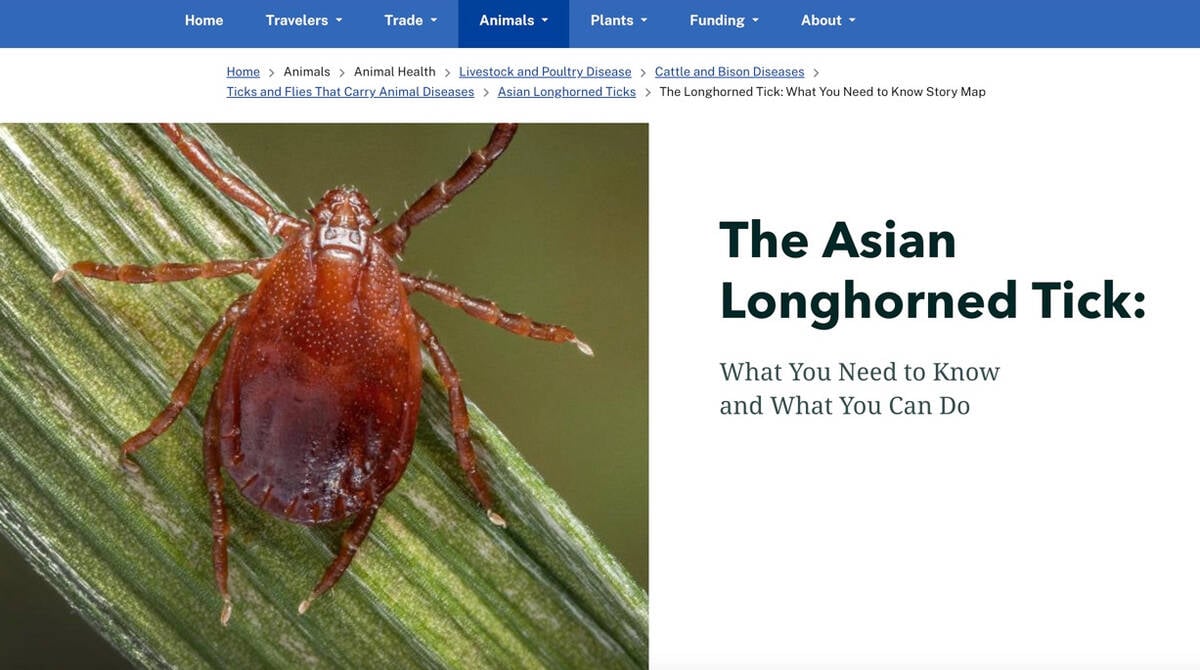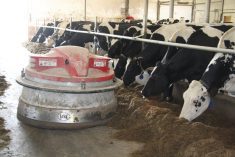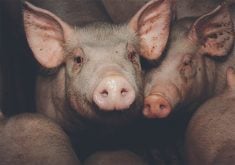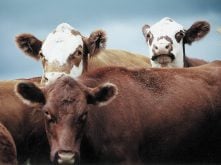CALGARY – The first stage of a controversial wolf reintroduction plan was completed when the last shipment of Canadian animals arrived in the United States Jan. 19.
A group of 17 Alberta wolves were released in Idaho and Wyoming’s Yellowstone National Park.
In total, 29 wolves from the Hinton area in west central Alberta went to the areas where the carnivores have disappeared.
Fish and wildlife biologist Eldon Bruns at Rocky Mountain House said about half went to Idaho and the rest to Yellowstone. The transfer has been hotly contested by Wyoming ranchers who fear the animals could attack cattle herds.
Read Also

New World screwworm not seen as trade threat
Canadian cattle producers shouldn’t be worried about the New World screwworm, which has become a massive concern for ranchers in Mexico and is threatening the southern United States
The wolves sent to Idaho were “released cold” into the wilds and their movements will be monitored by U.S. fish and wildlife officials.
A court injunction to keep the wolves out of Yellowstone was rejected last week.
The wolves, captured from a single family unit, were released into one-acre pens within the park for up to six weeks to acclimatize them. The park will be slowly opened to the wolves this winter. Wildlife officials believe the group will create a cohesive pack because they come from the same social unit.
Legal challenges to come
“It was thought by doing it that way they would be less likely to wander off and head back to Alberta,” said Bruns. Most animals, including wolves, have a strong homing instinct so they might try and return to their homes, he said.
The governor of Wyoming has appealed to secretary of the interior Bruce Babbitt to keep the wolves in the pens until all court challenges have been resolved. No word has been received on the appeal.
The Americans were allowed to take 15 wolves from Alberta and 15 from British Columbia. Fish and wildlife officials in B.C. weren’t ready this winter so Alberta provided all of them. Another 30 wolves will be sent over the next four to five years, if this pilot proves successful.















